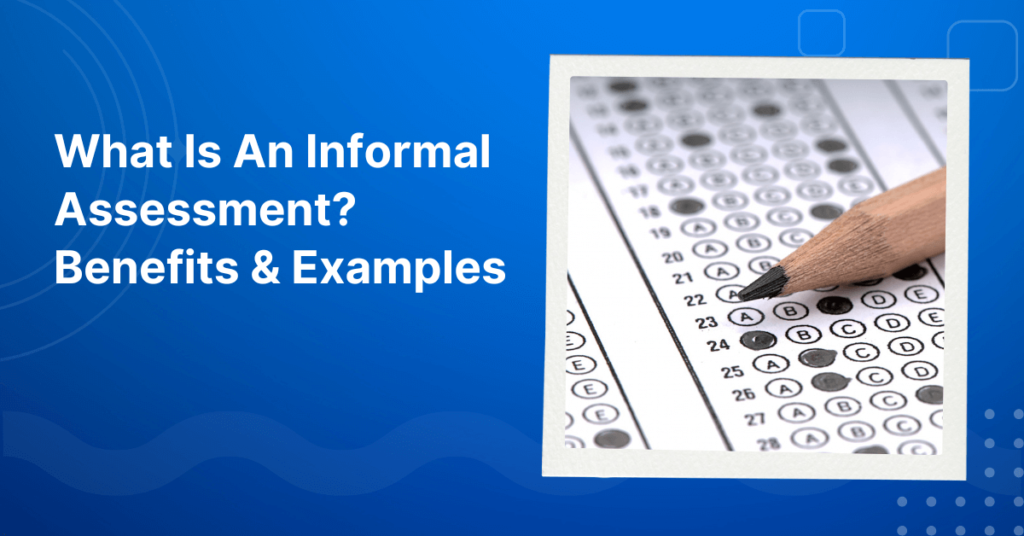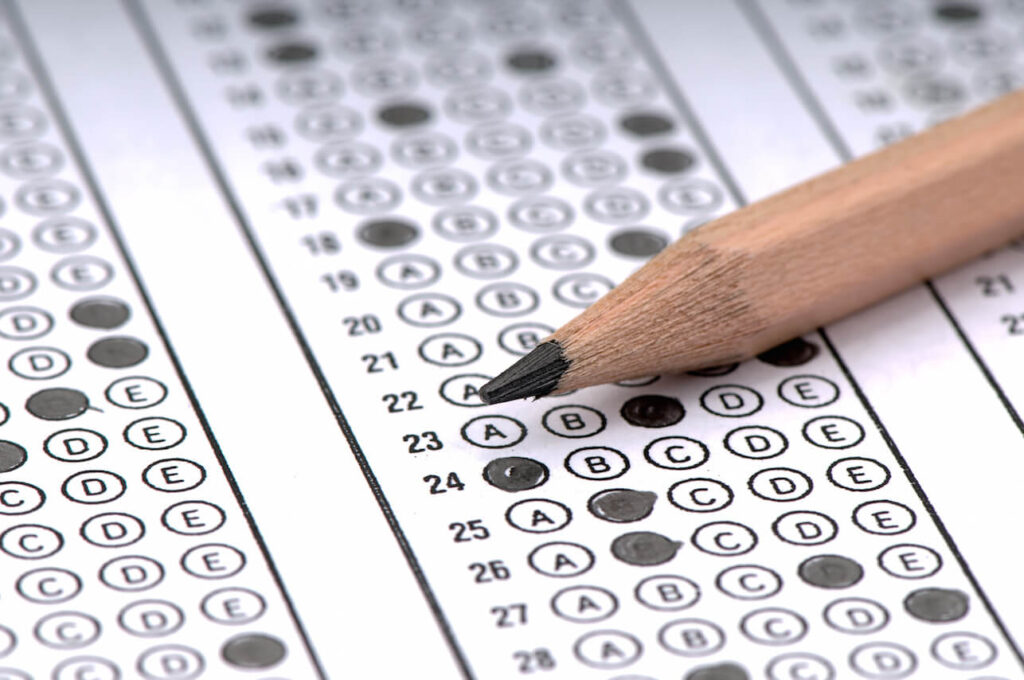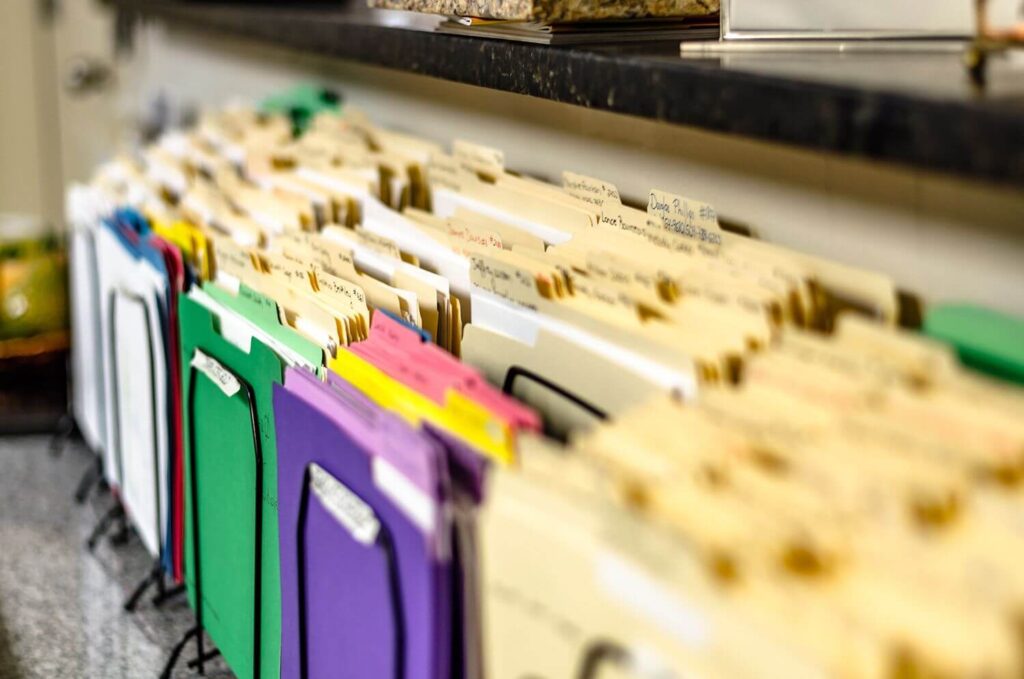


The assessment of student learning is a fundamental practice that guides instruction and measures academic progress. While formal assessments such as standardized tests and exams are well-known tools for evaluating student performance, there exists a powerful yet often underutilized approach known as informal assessment. Informal assessments provide educators with valuable insights into students’ understanding and abilities through flexible, everyday methods that go beyond traditional testing. In this article, VTJ will discuss the significance and practical applications of informal assessment in education.

What Is An Informal Assessment? Benefits & Examples
An informal assessment is an evaluation method used in education to gather information about a student’s progress, skills, knowledge, or abilities in a less structured and more flexible manner compared to formal assessments. These assessments are typically ungraded and are not part of a student’s official academic record. Instead, they serve as tools for teachers to make ongoing instructional decisions and understand individual student needs better.
Explore More Teaching Tips: 6 Types of Assessment in Education & How to Use Them
| Formal Assessment | Informal Assessment | |
| Purpose | Typically used for high-stakes purposes such as grading, placement, or certification. | Primarily used for formative purposes to guide instruction and provide ongoing feedback. |
| Structure | Structured with standardized procedures, questions, and scoring. | Flexible, with no fixed format or standardized questions. |
| Timing | Often administered at specific points in time (e.g., midterm exams, standardized tests). | Conducted frequently, even daily, to support ongoing learning. |
| Risk | High-stakes results can significantly impact grades or educational opportunities. | Low-stakes, with minimal or no grading involved |

Quizzes are a popular type of informal assessment. They typically consist of a set of questions or tasks designed to evaluate a student’s knowledge on a specific topic. Quizzes can be administered in various formats, including paper-based tests, online quizzes, or oral assessments. Here are some examples of quiz questions suitable for informal assessments:
What is the capital of France?
Which of the following is a mammal?
True or False: Water boils at 100 degrees Fahrenheit.
True or False: The Earth orbits the Moon.
Discover Related Guides: Formative and Summative Assessment: What’s the Difference?
Continue Learning: Lesson Objectives (Learning Objectives): How to Write in 4 Steps
See More Strategies: What is Standardized Testing? Definition, Types, Pros & Cons

School projects represent a valuable form of informal assessment, offering students opportunities to apply their knowledge and skills in practical and often creative ways. The structure of the project can vary, with teachers either assigning group tasks or requiring each student to undertake the project independently. For instance, within a drama class, students might collaborate with their peers to create a miniature play. School projects serve as a means for students to cultivate profound subject knowledge and essential skills such as critical thinking, teamwork, ingenuity, and effective communication.
Explore More: What is Effective Teaching? 13 Effective Teaching Practices

Portfolios are a valuable tool for informal assessment in education. They involve the collection and organization of a student’s work and achievements over a specific period. Portfolios provide a comprehensive view of a student’s progress, growth, and learning journey. As students craft and refine their portfolios over time, they cultivate vital skills like self-awareness, goal setting, and decision-making, equipping them with the tools to make informed choices.
Discover Related Guides: Importance of Group Work in Teaching: Benefits & Examples
Read more: What Is An Assessment Tool? 11 BEST Assessment Tools for Teachers

Observation stands as one of the most prevalent approaches to informal assessment. It involves educators or assessors closely watching and documenting students’ behavior, interactions, and performance in various learning situations. Central to the observation process is the maintenance of records tracking changes over time. This practice empowers instructors to compare a student’s performance across the learning journey, gauging the extent of their progress.
Related Guides: Teacher Leadership: 5 Essential Teacher Leadership Skills

Oral presentations allow students to demonstrate their communication skills, knowledge of a topic, and ability to engage an audience. Oral presentations vary in format. They can be impromptu, where the teacher assigns a specific topic on the spot, or planned in advance with students given time to prepare.
There are several advantages to assessing students using informal methods. Here are some common benefits:
Holistic Assessment
Formal examinations and evaluations can sometimes induce nervousness or performance anxiety in students, leading to underperformance. Informal assessments provide teachers with a more accurate understanding of a student’s abilities. By observing a student’s progress through various stages, teachers can create a holistic picture of their knowledge, which may be missed in a formal test or examination. Informal formative assessments offer educators various tools to assess a student’s true capabilities.
Continue Learning: Leadership Styles in Education: 8 Effective Ways to Lead
Reduced Test Anxiety
Informal assessments typically take place in a student’s natural learning environment, free from the pressure and tension often associated with formal exams. This relaxed setting allows students to engage more freely with tasks and activities, enabling teachers to gain a more realistic representation of their abilities. In contrast, formal examinations can induce anxiety, nervousness, or fear, potentially skewing results.
Minimum resources
Informal evaluations differ from formal assessments, typically requiring fewer resources and minimal planning. The evaluation process can be impromptu and may involve only teacher-student interactions, eliminating the need for significant financial resources. Informal formative assessments offer a precise representation of a student’s abilities with minimal resource consumption.
See More Strategies: Meaningful Feedback for Students: Importance, Tips and Examples
Timely Feedback
Because informal formative assessments do not involve formal grading, teachers can provide immediate and consistent feedback to students. This feedback fosters creative thinking and empowers students to enhance their knowledge. Immediate and consistent feedback makes it more manageable for students to work on and implement changes identified by the teacher.
Provides Valuable Data For Teachers
Informal evaluations allow teachers to gather meaningful data that informs their decisions and adjustments. Teachers can identify areas of their teaching methods that require modification and pinpoint specific challenges students face. With this information, educators can develop effective strategies to address these challenges.
Informal assessments play a pivotal role in education, offering a flexible and insightful approach to understanding students’ progress and abilities. With their ability to provide immediate feedback, encourage active participation, and create a comfortable learning environment, informal assessments empower educators to guide their students effectively. Hopefully, through this article, educators can harness these tools to enhance the learning experience and unlock the full potential of every student, making education a more personalized and enriching journey.